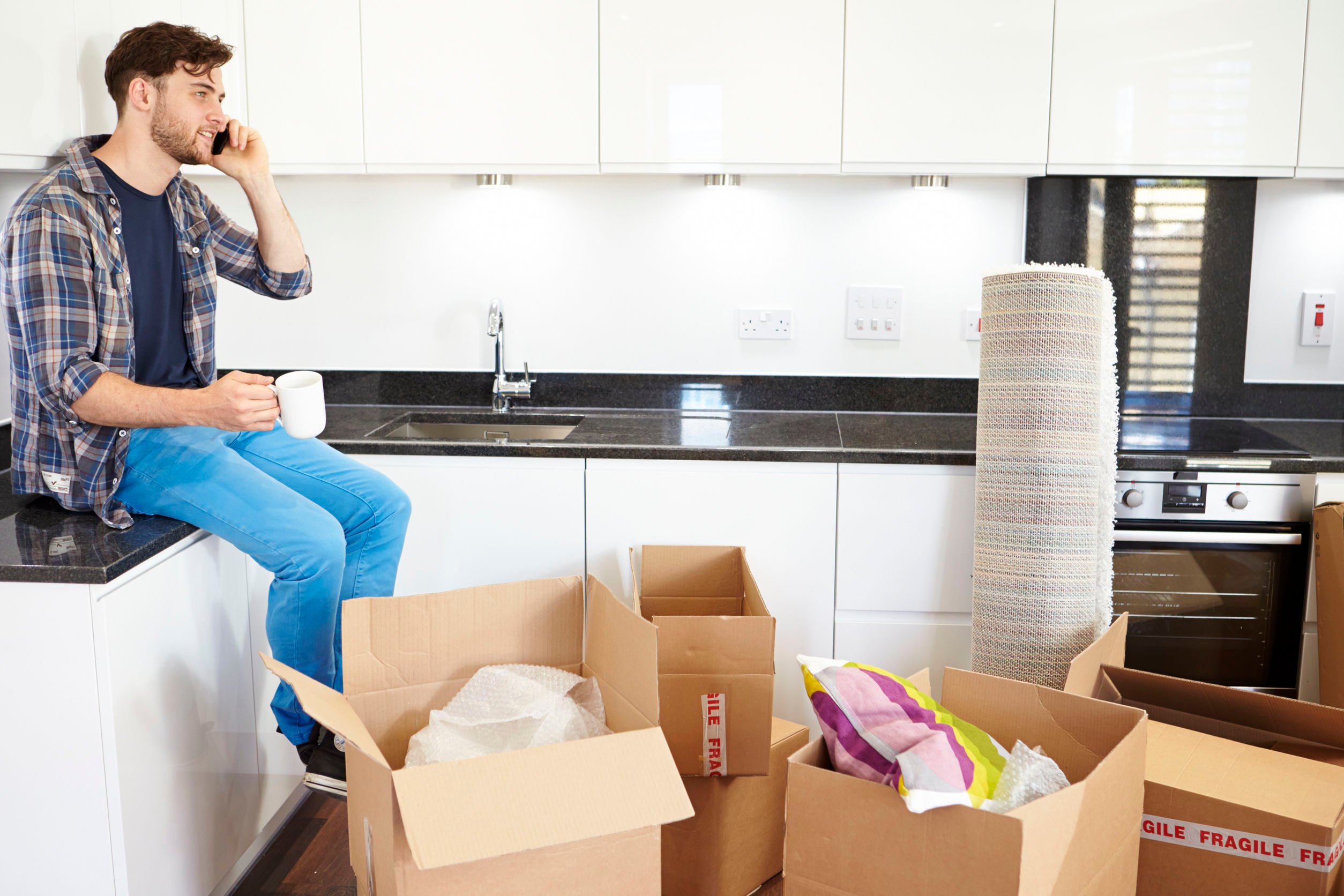As a tenant in a rental arrangement, there are a lot of benefits: when something major breaks? You can just call the landlord! City taxes? Not your issues! But you do have some responsibilities, both legally and ethically, for being a good tenant. Make sure you stay on good terms with your landlord by following the guidelines below.
Pay rent on time
Most leases/rental agreements will explain what date your rent must be paid by, as well as state the ‘late fee’ if one will be assessed following a late payment. This is the most basic way to stay on good terms with your landlord and keep yourself out of trouble. Many banks will let you set up an automatic payment that will send a check to your landlord, so if you have trouble remembering dates or details, consider setting up that fail-proof plan to be a good tenant.
Take care of repairs that are..
Minor fixes. Things like lightbulbs, a slightly clogged sink, or a squeaky door are easy fixes, and ultimately your responsibility. Buy some WD-40 or sink cleaner and your landlord will appreciate your efforts.
Major issues that are your fault, not due to natural wear and tear or appliance failure. Did you accidentally break a window, jam a door lock, or smash a light fixture playing basketball indoors? Inform your landlord of the need for repair first, as he or she may have a preferred servicing company — especially if you’re talking about a broken window. After that, expect to pay for the damage yourself either at the time of the repair, or by adding the cost on to your next rent payment. Keep a small budget for repairs and take care of them as they happen so that last-minute fixes don’t become unexpected moving expenses when it’s time to move out.
Keep things clean
They don’t have to be spotless, but keep the premises free from garbage and debris both inside and out. Dispose of your trash and recycling properly, using outdoor garbage cans that have lids to prevent animals from getting inside or emptying them into the yard. Clean and sort your recycling properly, too — especially if you live in an apartment complex where recycling can pile up and get smelly. Inside the house, it’s up to you to determine your standards, but we’d suggest keeping it clean enough to avoid insects and rodents. You know, the basics.
If you have a pet, “keep things clean” applies
Your landlord is allowing you to have a pet based on your promise to take good care of your animal. Keep effective pet cleaning supplies on hand like deodorizer and carpet cleaner in the case of accidents, make sure your pet doesn’t make a habit of scratching door frames or chewing on cabinets, and if you walk your dog nearby, make sure you clean up afterwards.
Respect your neighbors
Whether they live in the same building or across the street, you have a duty to be respectful of your neighbors’ space. That means not having loud parties long into the night, being aware of noise levels in the early mornings, and observing guidelines for things like designated parking spaces. Keeping a good relationship with your neighbors will ensure that your landlord isn’t hearing complaints about your early-morning drum practices…
Don’t tamper with smoke detectors
Keep smoke detectors, carbon monoxide detectors, and other items on the property in good repair. They are there for your safety, and your landlord is required to have at least functional smoke detectors on the property. Check their batteries regularly to avoid that obnoxious “low battery” beep that always seems to start in the middle of the night.
Moving in or moving out? Hire a national moving company that will do the job efficiently, safely, and at an affordable rate.







